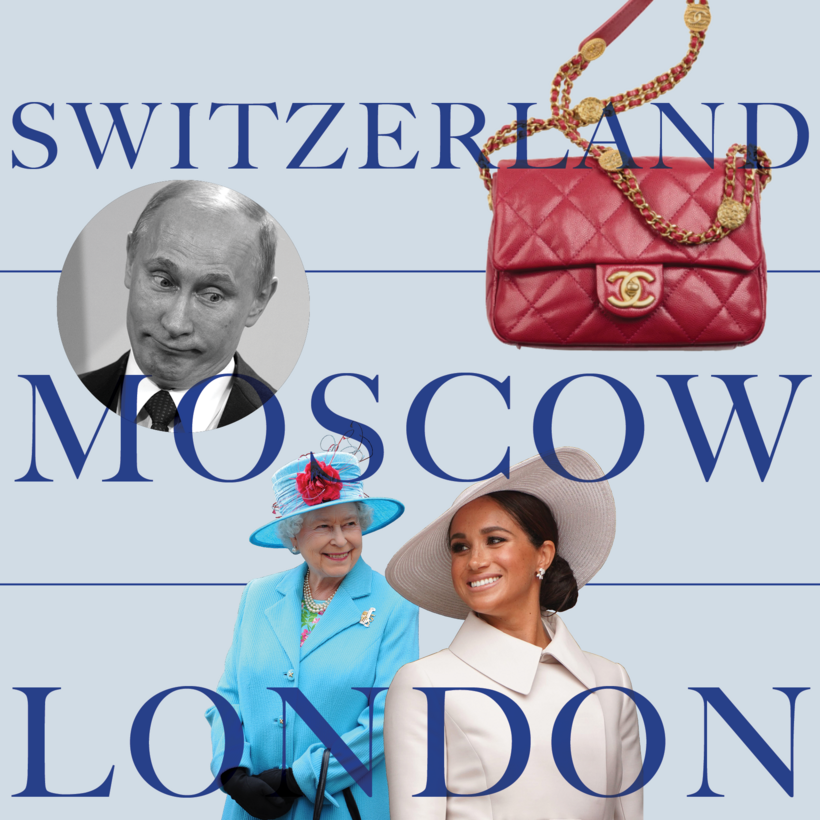In London …
Disappearing ink, part one
The story appeared—for a nano-second—in the print edition of The Times of London: Boris Johnson (it claimed), when he was foreign secretary in 2018, had tried to hire Carrie Symonds—now Carrie Johnson, his wife—as his chief of staff. And then it was gone, dropped from later print editions, apparently never making it online. For those who caught it as it whizzed by, the article “expanded on claims in a biography of Carrie Johnson by the Tory donor and peer Lord Ashcroft that Johnson had tried to appoint her to a $122,000-a-year government job,” reported The Guardian, and that the plan fell apart “when his closest advisers learned of the idea.… Johnson was then still married to Marina Wheeler, a barrister.” One reason the potential hiring might have alarmed Johnson’s advisers, presumably, is suggested in the instantly evaporated Times article: “Staff learned of the affair”—between Johnson and Symonds—“after an MP allegedly walked in on the pair in a ‘compromising situation’ in Johnson’s Commons office in 2018.”
While The Times hasn’t commented, The Guardian reported that the article “was dropped for later editions after [an] intervention from No 10,” and that “Downing Street confirmed it contacted the newspaper on Friday night and asked it to retract the story.” As to the original article’s accuracy, “a source with knowledge of the situation told the Guardian this account was correct.” On the other hand: “A spokesperson for Carrie Johnson was categoric. ‘These claims are totally untrue,’ she said. Downing Street declined to give an on-the-record response to the story but a No 10 source also said the story was untrue — and suggested it was sexist.” The reporter, Simon Walters, told The Guardian, “I stand by the story. I went to all the relevant people over two days. Nobody offered me an on-the-record denial and Downing St didn’t deny it off the record either.”

